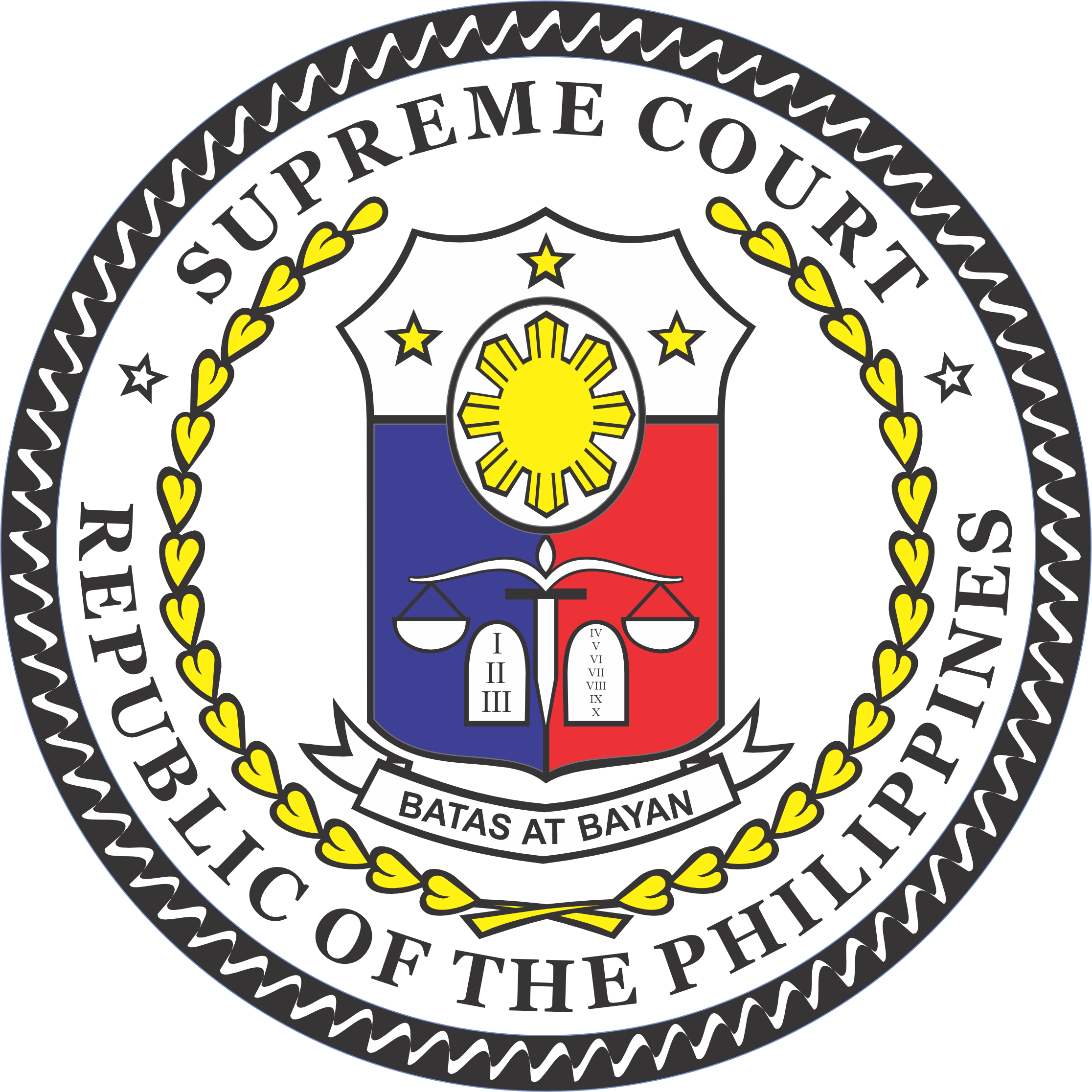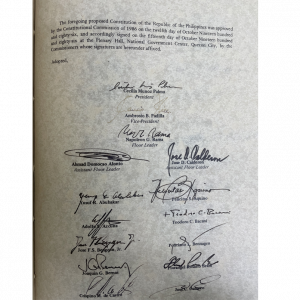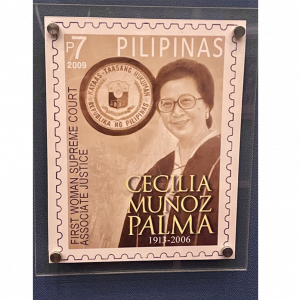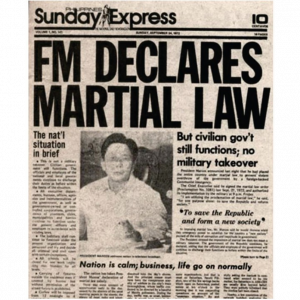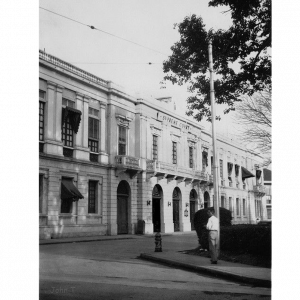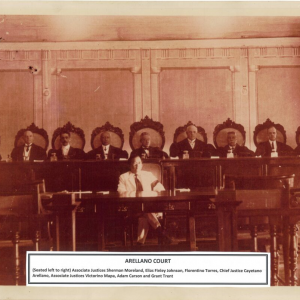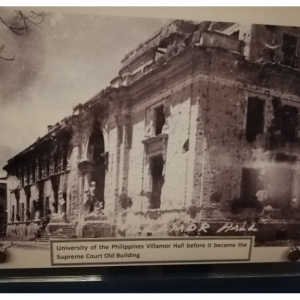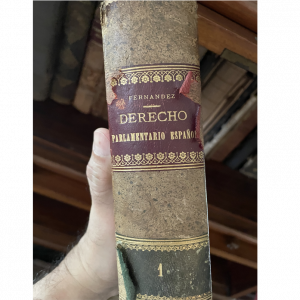Philippine Judiciary Takes Part in HCCH Asia Pacific Week
September 22, 2023
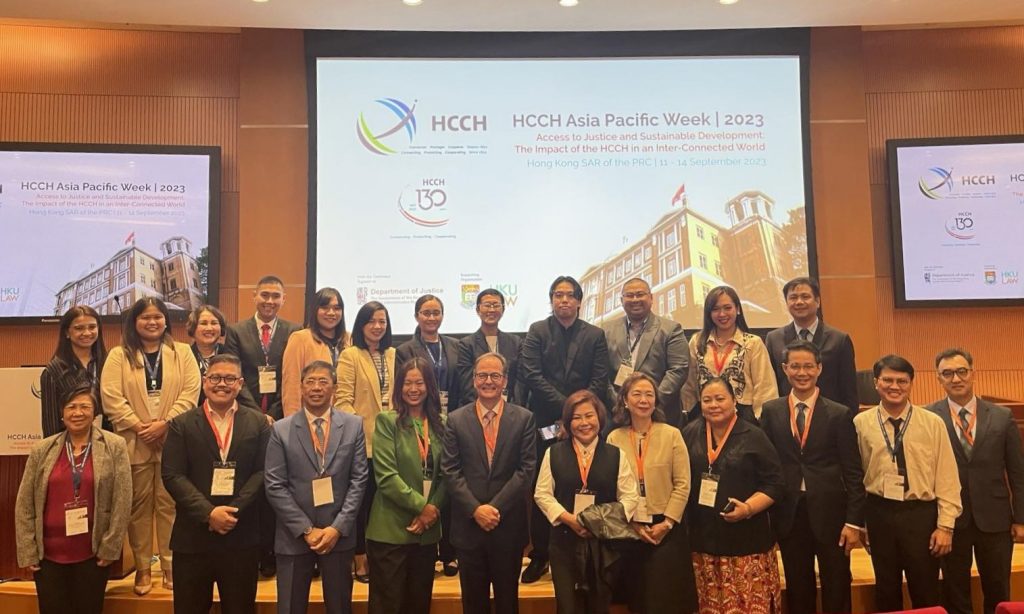
Supreme Court Associate Justice Amy C. Lazaro-Javier, Court Administrator Raul B. Villanueva, and Court of Appeals (CA) Associate Justice Mary Angelene W. Quimpo-Sale represented the Philippine Judiciary as speakers at the annual Asia Pacific Week of the Hague Conference on Private International Law (HCCH), which was held from September 11 to 14, 2023 at the University of Hong Kong, Hong Kong Special Administrative Region, People’s Republic of China.
In celebration of the HCCH’s 130th anniversary, the theme of the four-day conference was “Access to Justice and Sustainable Development: The Impact of the HCCH in an Inter-Connected World.” The Conference provided an international forum for experts and interested parties to discuss views on the various aspects of the HCCH Conventions, including their origin, salient features, benefits to parties, and implications on various international legal issues. The Conference was organized to promote deeper understanding and greater participation of the international community in the HCCH Conventions.
As an introduction, Court Administrator Villanueva discussed the provisions of the Philippine Constitution relevant to International Law. He spoke on the Philippine Perspectives on the 1965 Service Convention (Hague Service Convention) and the 1970 Evidence Convention (Hague Convention on Judgments and Evidence). He also presented a statistical report of the Service Convention Unit (SCU) of the Office of the Court Administrator (OCA). The SCU was created to carry out the work of the OCA as the Central Authority in the Philippines in charge of receiving requests for service of judicial documents from requesting states.
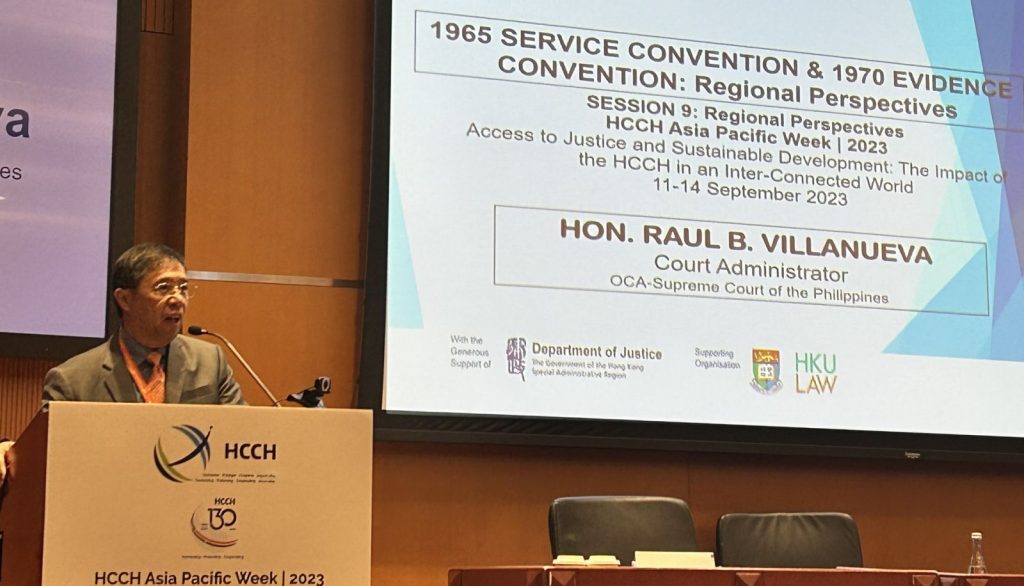
Court Administrator Villanueva expressed his agreement on the need to increase awareness and knowledge on the utilization of electronic facilities and automated mechanisms in serving judicial documents.
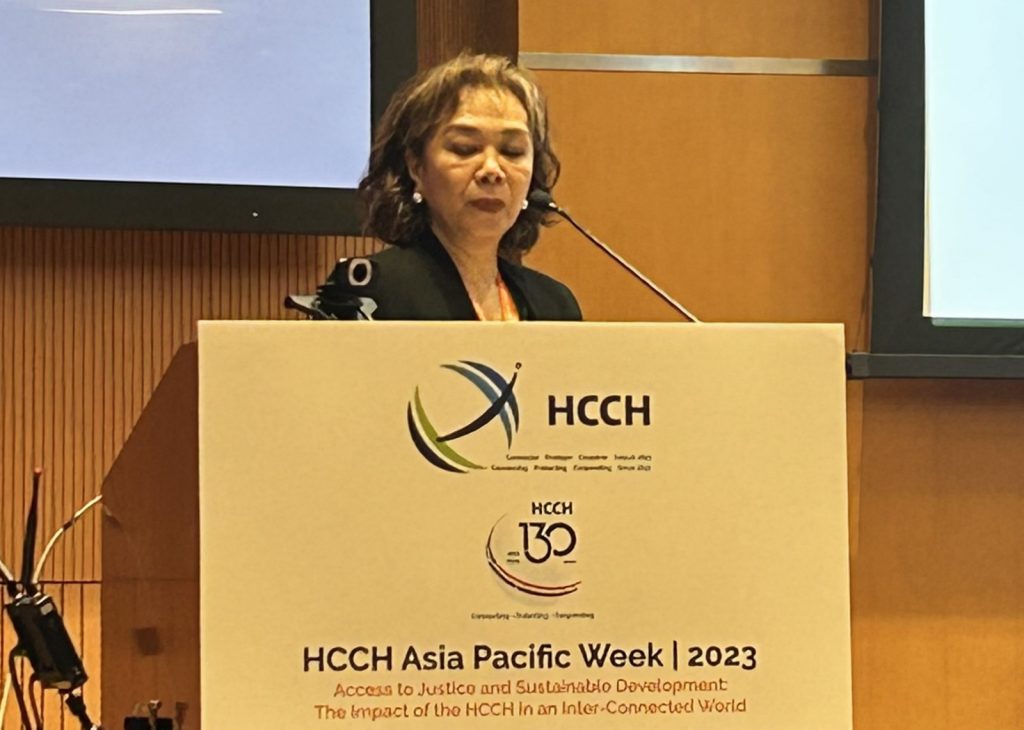
For her part, CA Justice Quimpo-Sale presented the Philippine Perspectives on the 2007 Child Support Convention, which came into force in the Philippines on October 1, 2022. The Department of Social Welfare and Development (DSWD) was designated as the Central Authority, while the courts remain as the judicial authority for international child support cases. The DSWD, as the Central Authority, handles incoming and outgoing cases of international child support. It also works in partnership with other government and legal agencies in performing its roles and obligations under the said Convention.
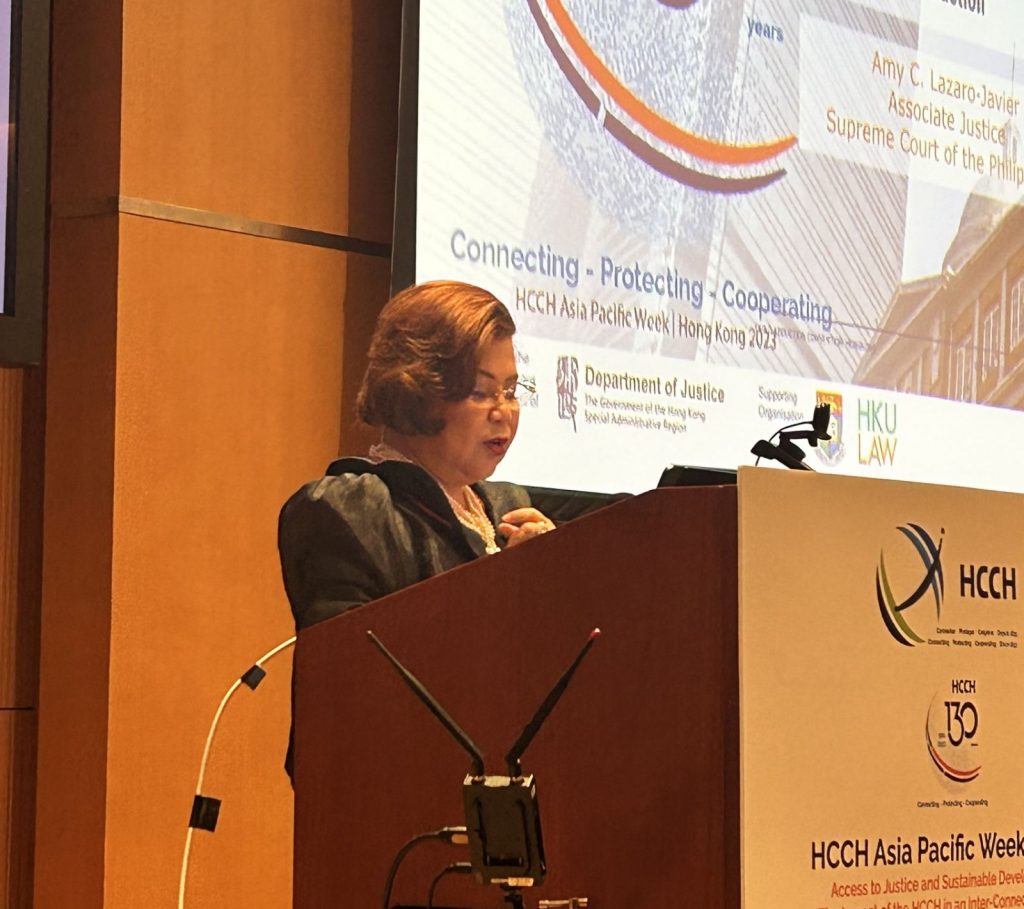
Lastly, Justice Lazaro-Javier spoke on the Philippine Perspective on the 1980 Hague Convention on the Civil Aspects of International Child Abduction (HCAC). The Philippines is the 94th signatory to the HCAC, and its membership came into force on June 1, 2016. She highlighted how the Philippine government has crafted two sets of rules for the implementation of the HCAC: administrative and judicial.
Justice Lazaro-Javier shared that the Department of Justice (DOJ), as the designated Central Authority, issued DOJ Circular No. 010 dated February 22, 2022 or Establishing the Procedure for Processing Applications under the 1980 Convention on the Civil Aspects of International Child Abduction, and for other purposes, which provides that the HCAC application may be filed by the left-behind parent in the Philippines through the Office of the Chief State Counsel of the DOJ. The application shall then be transmitted by the DOJ to the counterpart central authority of the country where the child is found or has been brought. The counterpart country must also be an HCAC party state which accepted the Philippine accession and vice versa.
Justice Lazaro-Javier said that the aim of the administrative proceedings before the DOJ is to get the parties to agree on the voluntary return of the child. Should this effort succeed, the immediate return of the child shall be effected through coordination between the central authorities concerned. If the parties fail to agree on the child’s return, the left-behind parent may file a case before the appropriate court. In any event, Section 9 of DOJ Circular No. 010 allows the left-behind parent to go directly to the courts without first going to the Central Authority.
She also shared that the Supreme Court of the Philippines approved and promulgated A.M. No. 22-09-15-SC, or “The Rule on International Abduction Cases” on October 18, 2022. The Rule provides for an expeditious procedure to bring about the prompt return of such children to the state or country of their habitual residence, based on the presumption that, save in exceptional circumstances, such wrongful removal or retention is not in the best interest of the child.
In addition to her discussion on the implementation of the HCAC in the Philippines, Justice Lazaro-Javier also shared the initiatives made by the ASEAN Region on the implementation of HCAC. She mentioned that from July 17 to July 18, 2023, the three separate working groups of the Council of ASEAN Chief Justices (CACJ), namely: (1) the Study Group on Future Work of the CACJ; (2) the Working Group on ASEAN Judiciaries Portal; and (3) the Working Group on Cross Border Disputes involving Children, held separate meetings in Singapore. The members of the CACJ Working Group on Cross Border Disputes involving Children promoted Family Mediation as one, if not the best, alternative mode of resolving cross border disputes involving children.
Finally, Justice Lazaro-Javier emphasized the Philippine Supreme Court’s strong and steadfast commitment to uphold the best interest of the children, which is being further fortified under the ongoing trailblazing blueprint of action for judicial reforms known as the Strategic Plan for Judicial Innovations 2022-2027 (SPJI). The SPJI envisions a more efficient, innovative, and accessible justice system for the people, especially and including the Filipino children.
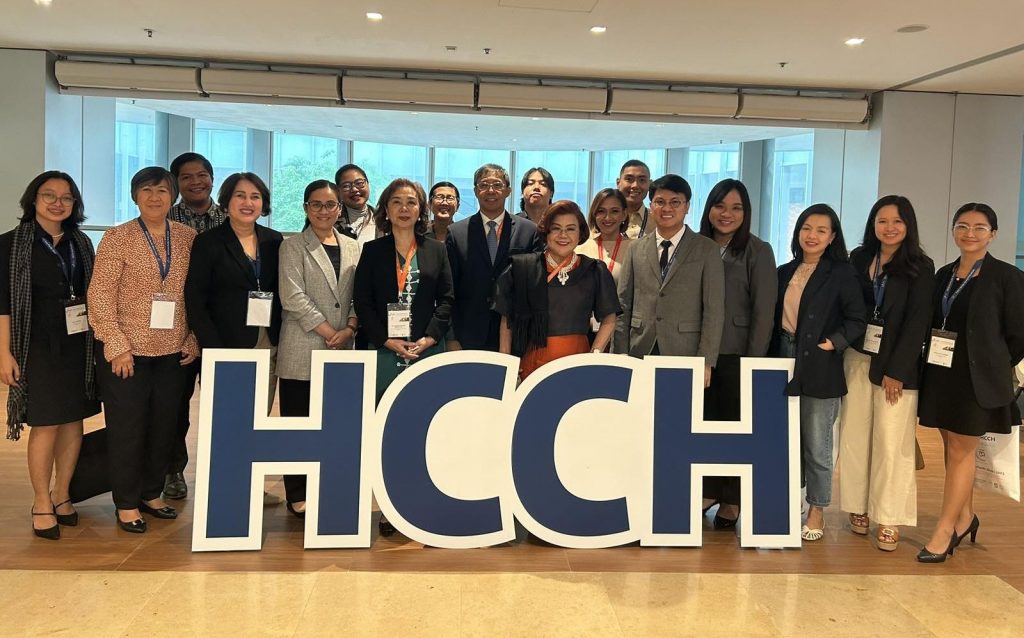
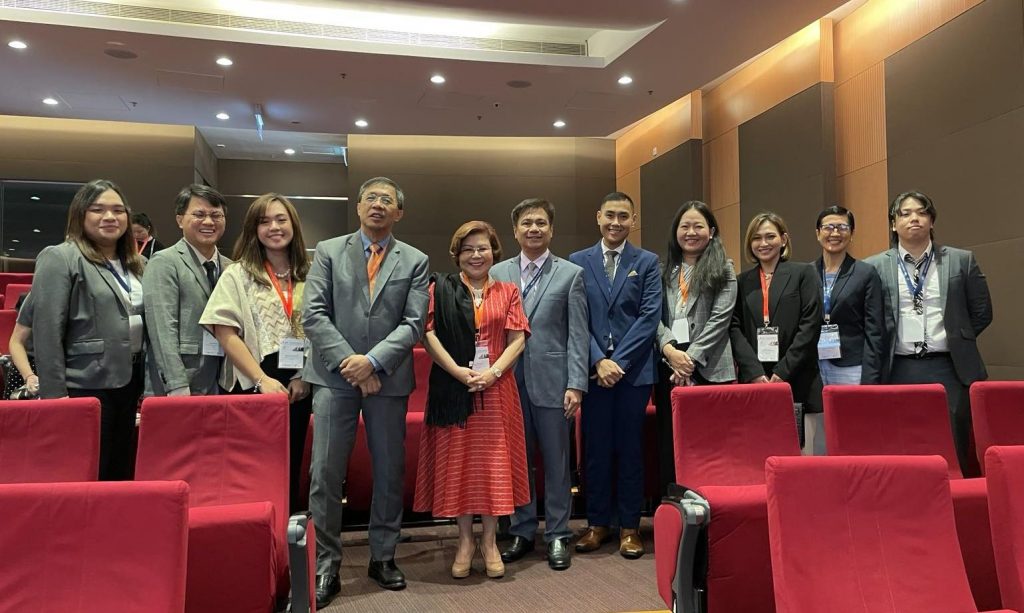
The Conference was organized with the support of the Department of Justice of The Government of the Hong Kong Special Administrative Region, China and The Faculty of Law of The University of Hong Kong. (Courtesy of the Office of Associate Justice Amy C. Lazaro-Javier and the Supreme Court Public Information Office)
